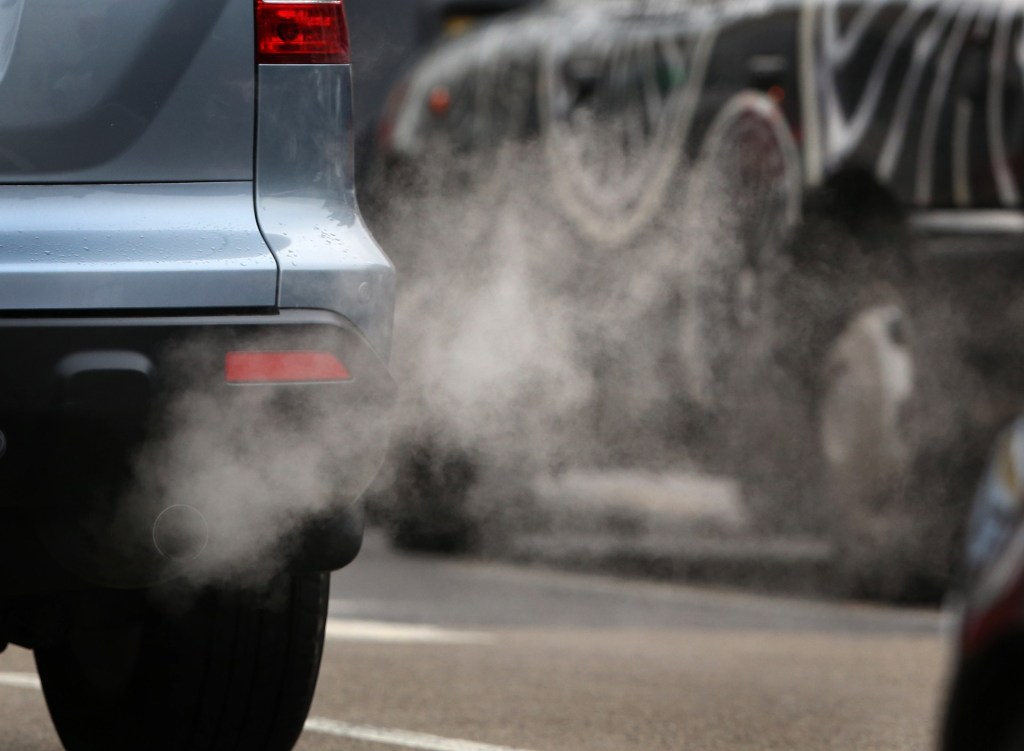
How Does Your Car Cause Air Pollution?
Cars and electric vehicles have long been subject to scrutiny from environmentalists. Air pollution is one of the worst effects of global warming, and cars contribute to it. Like it or not, EVs do too. Analysts often discuss the fact that cars contribute to the issue of global warming. But the “how” is often left out. It’s time to take a look at that, as well as the impact air pollution will have in the coming years.
Air pollution is a serious problem

It’s no secret that oxygen quality is becoming an issue. Turn to CBS or CNN on any given night and you’ll see images of Angelenos shrouded in smog, or the Hong Kong skyline peeking up from under the layers of pollutants. It’s an established fact that cars are a factor. Moreover, it is also becoming clear that EVs are not as clean as we think. Their battery production at scale is a cause for concern.
But, that debate is for another time. EVs aside, air pollution is an issue exacerbated by the emissions created by gas and diesel-powered vehicles. These vehicles emit harmful carbon dioxide gas from the exhaust, trapping heat in our atmosphere and raising global average temperatures. Thankfully, measures have been taken to combat this. Every new vehicle must be sold with a catalytic converter, and it’s been that way for some time.
What is a catalytic converter?

A catalytic converter is effectively a muzzle for the harmful pollutants seeping from the back end of your car or truck. So, please don’t de-cat your Challenger. No one wants to hear that, and Captain Planet would be very disappointed. Made from rare earth metals, they trap certain pollutants in a honeycomb-shaped filter.
While the catalytic converter does help, the fact of the matter is, cars pollute a lot from the start of their lives to the end. Increased use of sustainable materials is one step that can be taken to combat this. But, the fact remains that measures must be taken to combat the climate crisis, and cars have fallen into the crossfire.
Do EVs help with the problem?

Electric vehicles do help. Of course, their biggest benefit is zero tailpipe emissions. Yes, the harmful effects of battery material mining must be examined; but the pollution of an EV is simply less impactful than a gas car. Transportation is not the only factor that must be examined in fighting the climate crisis, but that discussion is for another time. What matters now is doing what we can to help our planet, EVs or not.


